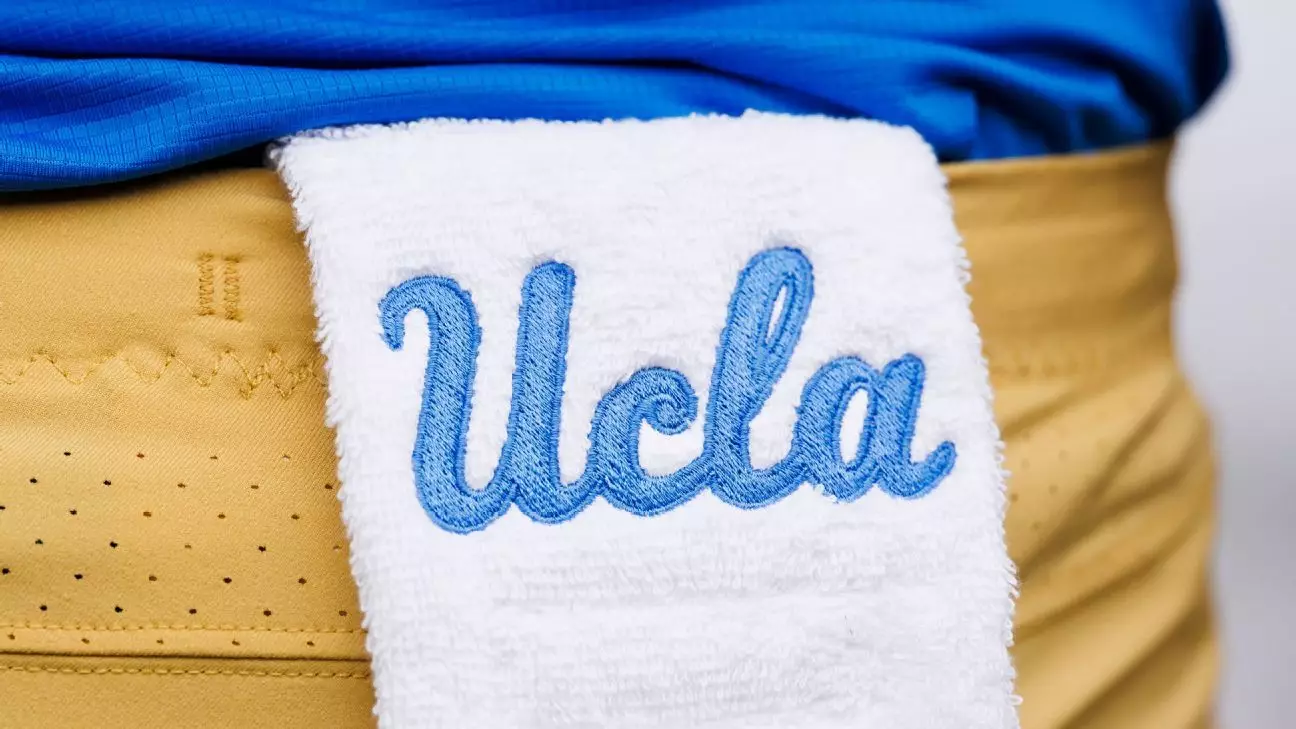In a move that has rattled the college football scene, Madden Iamaleava, a promising quarterback and the younger sibling of Nico Iamaleava, is preparing to make waves at UCLA. The decision isn’t merely about changing schools; it raises significant questions about loyalty, commitment, and the often chaotic landscape of collegiate athletics. Madden’s journey takes him out of Arkansas back into the arms of the Bruins, a narrative that complicates our understanding of family ties and athletic decisions in professional sports culture.
What stands out here is the evolving story of a player touted as the nation’s 12th-best pocket passer for 2025. The fact that Madden had a previous commitment to UCLA, shifted to Arkansas, and is now reversing course suggests a deeper narrative at play—one that reflects the intense pressure and emotional strains athletes and families face in an era dominated by social media and instant judgment.
A Flawed System of Recruitment
Madden’s story spotlights the underlying issues within the NCAA recruitment process, which can be both thrilling and treacherous. His initial commitment to UCLA, followed by a swiftness in choosing Arkansas—one that could be seen as a mere whim—makes one wonder how much genuine consideration is given to these long-term decisions at such a tender age. The recruitment game, rife with fluctuating allegiances and pressures from coaches, parents, and institutions, can be a disorienting experience for a young athlete faced with suddenly soaring expectations.
Moreover, with Madden entering the transfer portal just a day after Nico’s own shift to the Bruins, it compels us to question whether these decisions are rooted in personal ambition or familial obligation. Are they drawn by the prestige and support of playing alongside a brother, or are they just pawns in a relentless cycle dictated by coaching shifts and institutional strategies?
The Broader Implications of Transfer Trends
Madden’s departure becomes emblematic of a broader trend in college football wherein players are increasingly willing to jump ship in search of more suitable environments. As one of the top-rated prospects now navigating the transfer portal, he represents a growing mindset among student-athletes that prioritizes personal fit and opportunity over brand loyalty. This trend both excites and concerns fans and analysts alike, as it further complicates existing team dynamics and challenges traditional notions of perseverance and commitment.
It’s a double-edged sword; players seeking better alignment with their career aspirations may prove beneficial for some, yet it reinforces a lack of accountability in a system that’s long needed reform and consistency. With significant implications for the future of college athletics, we must consider whether the collective disloyalty signal a need for substantial reforms within the NCAA landscape, or if it’s simply evolution at play in this new era of athleticism.
There’s an undeniable intensity in the air as the Iamaleava brothers prepare to make their mark. While we may celebrate their choice to reunite at UCLA, we must also confront the uncomfortable realities surrounding college athletics— where decisions are quick, commitments are fleeting, and family ties may not be as enduring as we wish them to be. The dynamic between personal ambition and systemic pressure may define the next chapter in this family’s football saga.



Leave a Reply